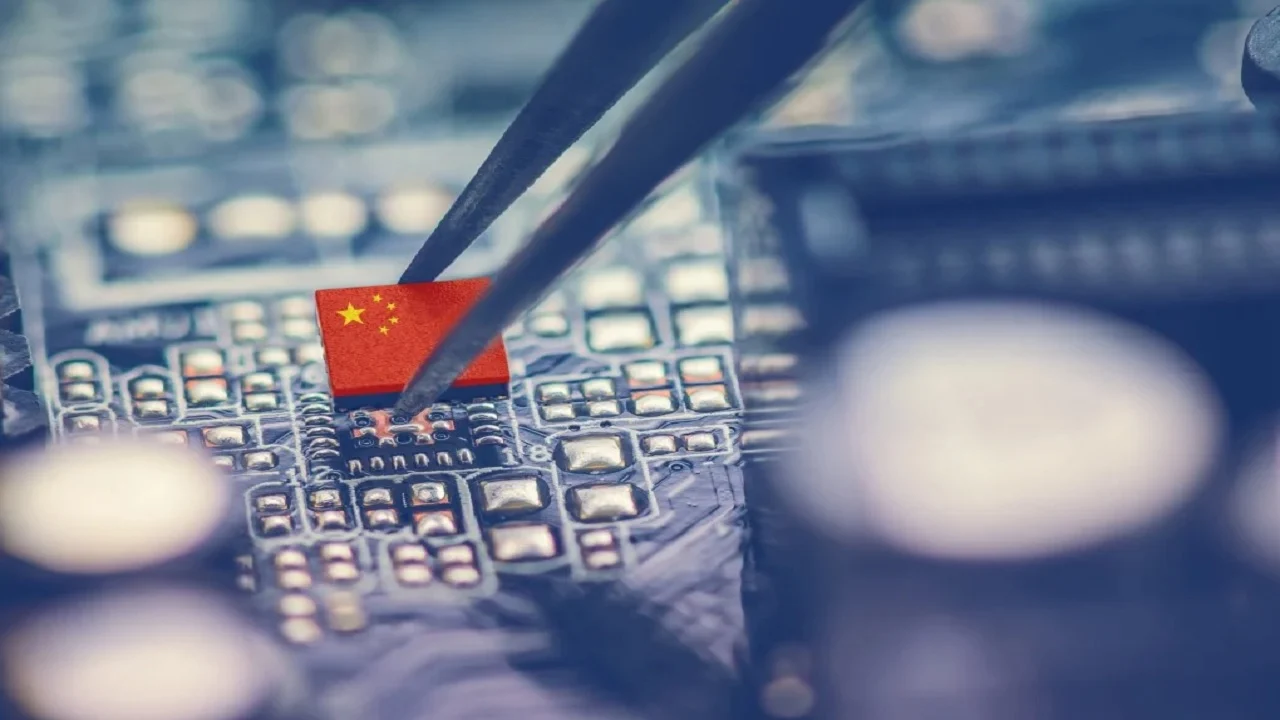Huawei’s Ren Zhengfei Confirms Progress in Tech Self-Sufficiency
China has made significant strides in overcoming challenges in semiconductors and operating systems, despite U.S. sanctions, according to Huawei’s founder, Ren Zhengfei. In a recent meeting with Chinese President Xi Jinping, Ren stated that concerns over China’s reliance on foreign chips and OS technologies have significantly eased.
Key Business Leaders Meet President Xi to Discuss Technological Growth
The discussion, reported by China’s state-run newspaper People’s Daily, included major business leaders such as:
- Ren Zhengfei (Huawei)
- Wang Chuanfu (BYD – Electric Vehicles)
- Lei Jun (Xiaomi – Consumer Electronics)
- Representatives from Will Semiconductor, Unitree (Humanoid Robots), and New Hope Group
During the meeting, which took place on Monday, President Xi engaged directly with six company founders, marking a rare instance where state media also shared insights from the entrepreneurs’ perspectives, rather than just Xi’s remarks.
READ MORE: Pakistan to Launch First International Freight Train to Russia on March 15, 2025
China’s Progress in Semiconductor and OS Development
Ren highlighted China’s advancements in developing homegrown chips and operating systems, addressing long-standing concerns described as “lack of core and soul”—a phrase first coined in 1999 to reflect China’s dependence on foreign semiconductor chips (“core”) and operating systems (“soul”). He expressed confidence that China’s technological growth would continue at a rapid pace, stating:
“I firmly believe a greater China will rise faster.”
Huawei’s Role in Advancing China’s Tech Independence
Huawei has been at the forefront of China’s push for technological self-reliance, particularly in response to U.S. restrictions on advanced semiconductor technology. The company has successfully:
✔ Developed cutting-edge semiconductor chips
✔ Created an independent operating system
✔ Strengthened China’s global tech competitiveness
These advancements mark a major breakthrough, reducing China’s reliance on Western technology and reshaping global tech supply chains.
Industry Leaders on China’s Technological Strength
Other business leaders also emphasized China’s rapid technological growth:
- BYD’s Wang Chuanfu highlighted the success of China’s EV industry, which has emerged as a global competitor despite starting from scratch.
- Xiaomi’s Lei Jun expressed optimism that under Xi’s leadership, China could overcome future technological challenges, regardless of global political shifts.
- Will Semiconductor, Unitree, and New Hope Group reinforced China’s focus on semiconductors, robotics, and industrial advancements to achieve greater self-reliance.
Impact of China’s Technological Advancements
China’s growing ability to produce high-end chips and OS technologies despite international restrictions marks a turning point in the global tech industry. These developments will:
✔ Reshape supply chains, reducing dependence on Western tech
✔ Boost China’s role in AI, telecommunications, and EV sectors
✔ Increase competition in global semiconductor and smartphone markets
While geopolitical tensions and trade restrictions may continue to challenge China’s ambitions, the confidence expressed by Huawei, BYD, Xiaomi, and other tech leaders signals a determined path toward full technological self-sufficiency.




